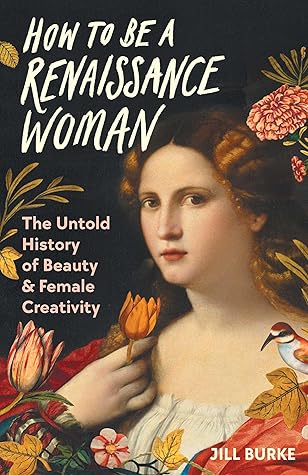Campiglia wrote a pastoral poem, ‘Calisa’, in honour of Pallavicina’s son’s wedding in 1589. The story explicitly celebrates lesbian desire – ‘I know that I, a woman, love a woman’. When these feelings were questioned by other writers as potentially unseemly, Campiglia explained that Pallavicina was so beautiful, even women fall in love with her.17 Campiglia had already gone further, however, than this unconventional use of conventional praise. Her play of 1588, Flori, includes one of the few descriptions of a romantic relationship between women to survive from the sixteenth century.
Welcome back. Just a moment while we sign you in to your Goodreads account.


